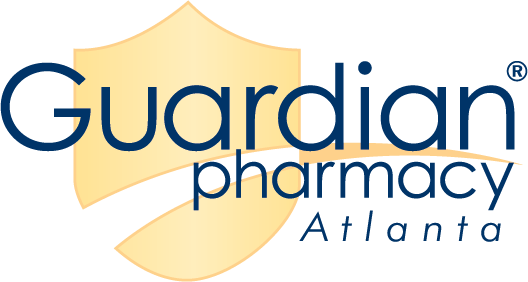One challenge facing both assisted living facilities and long-term care pharmacies is the timely delivery of CII medications. Regular prescription medications are traditionally sent to the pharmacy via electronic order, fax, or telephone. The pharmacy can then fill the medications and deliver them that day to the community. CII medications, however, are held to different standards and require additional safeguards to ensure proper handling of the prescriptions.
According to federal law, a prescription for a controlled substance must include the following information (21 CFR 1306.05[a]):
- Date of issue
- Patient’s name and address
- Practitioner’s name, address, and DEA registration number
- Drug name
- Drug strength
- Dosage form
- Quantity prescribed
- Directions for use
- Number of refills (if any) authorized
- Manual signature of prescriber
When dispensing for skilled nursing facilities, pharmacies have been able to accept faxed CII prescriptions. However, traditionally when dispensing for assisted living communities, CII medications have only been able to be filled with the original signed prescription in hand. This means the resident has to wait for the pharmacy courier to pick up the original copy of the prescription, deliver it to the pharmacy, wait for the medication to be dispensed and deliver it back to the community. Depending on the distance traveled this can delay delivery several hours or even until the next day potentially causing problems and discomfort for residents, particularly when pain medication is needed.
More recent interpretations of long-term care regulations have benefitted our customers in assisted living:
According to the CDC and GA Dept. of Community Health, nursing homes, skilled nursing facilities, personal care, and assisted living facilities are collectively known as long-term care facilities (LTCFs) which provide a variety of services – both medical and personal care – to people who are unable to manage independently in the community.
C-II LTCF prescriptions would include those for assisted living facilities and personal care homes.
What this means for our long-term care customers that do not fall under skilled nursing is that we can now accept faxed prescriptions for CII medications, allowing us to deliver the medications needed for your residents faster. This is what needs to be done by the physician to ensure timely delivery of your CII medications:
- CII medications should be faxed directly to the pharmacy from the physician’s office
- Faxed prescription must have “LTCF” or “Hospice” notated on top
- Write “VOID” across the prescription after faxing to the pharmacy
- Put the voided prescription into the resident’s medical records
Guardian Pharmacy of Atlanta has been working closely with our physicians and medical directors to make sure they understand these new guidelines. This helps us to serve our communities and residents with timely medication deliveries for all controlled substances.
Here are a few additional tips to help timely delivery of medications:
- PRN medications must include indications on the prescription, as well as specific instructions. For instance, avoid using “take 1-2 pills every 6 to 8 hours as needed” – rather use “take 1-2 pills every 8 hours as needed for pain”
- Refills AND quantities are needed on all prescriptions
- Physician orders and unsigned hospital discharge orders are not valid prescriptions.
Please make sure all legal requirements are met (as listed in this article) to avoid the pharmacy having to contact the physician for additional clarifications/signature.

